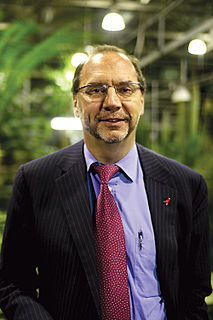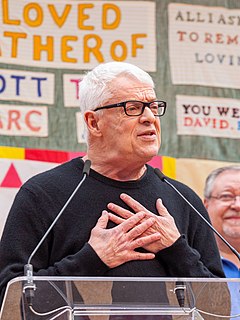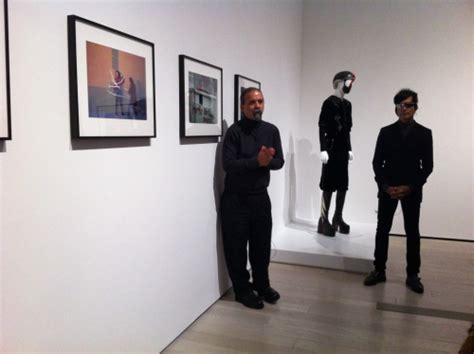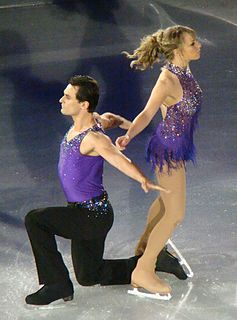A Quote by Tom Frieden
What works most effectively for quelling disease outbreaks like Ebola is not quarantining huge populations. What works is focusing on and isolating the sick and those in direct contact with them as they are at highest risk of infection. This strategy worked with SARS, and it worked during the H1N1 flu pandemic.
Related Quotes
Swine flu is not an anomaly. We know that swine flu - like the vast majority of new outbreaks - comes from animals. We should be monitoring those animals and the humans that come into contact with them, so we can catch these viruses early, before they infect major cities and spread throughout the world.
Nature is so huge. I mean, you can't even look one way! Everything is huge. That was my natural instinct, to create huge art, to create huge pieces. And to me, I still could create bigger works. The opportunity doesn't come along to do anything any bigger. So I've worked as big as I've had the opportunity to work, basically.


































